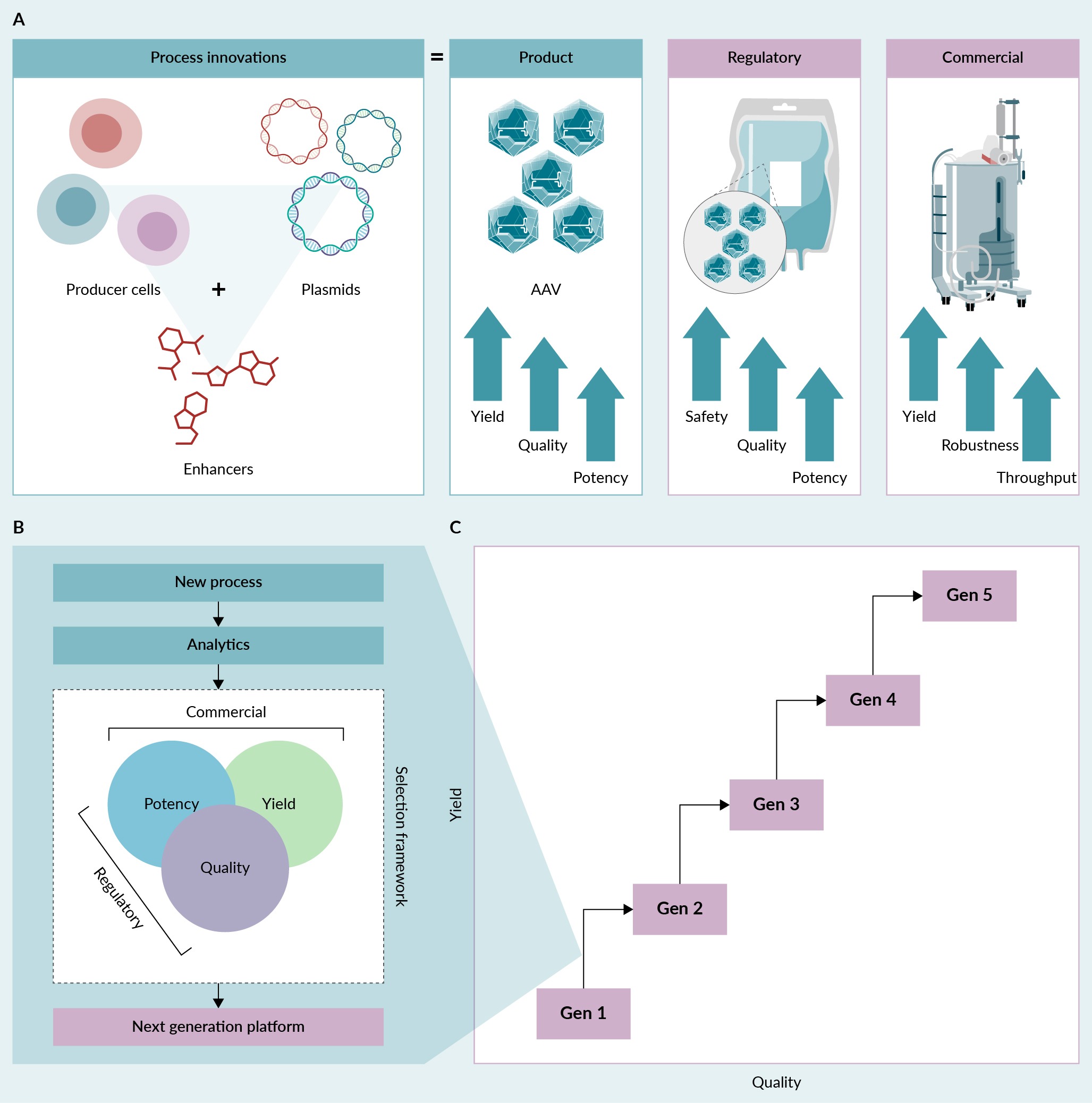
Sarepta Therapeutics, based in the US, is undergoing significant turmoil following the disclosure that three patients have passed away this year while receiving its gene therapies. These fatalities led the US Food and Drug Administration (FDA) to request that Sarepta cease shipments of Elevidys (delandistrogene moxeparvovec), which is aimed at treating Duchenne muscular dystrophy (DMD). Although initially reluctant, Sarepta ultimately agreed to stop shipments but later resumed them after receiving FDA permission, restricting distribution to patients who are still ambulatory.
The FDA has suspended Sarepta’s clinical trials for gene therapy and may impose additional restrictions. It has also withdrawn the adeno-associated virus (AAV) designation for gene delivery platform-therapy, which impacts expedited review processes for AAV-derived therapies.
In Europe, the approval of Elevidys is currently pending regulatory evaluation. In light of the deaths, the European Medicines Agency has advised against the approval of the treatment. Roche, which oversees the distribution of Elevidys outside the US, has ceased shipments to areas that accept US FDA approvals while continuing in Brazil and Japan, where independent approvals are in place.
Doug Ingram, Sarepta’s CEO, emphasized the commitment to the efficacy of Elevidys alongside established oligonucleotide therapies for rare diseases. However, the company is laying off 36% of its workforce and shifting its focus to short interfering RNA therapies. Investors remain discontent, with Sarepta’s stock crashing to below $20 from a previous high of over $120.
The problem arises from a succession of fatalities: a teenager in March 2025, a subsequent patient in June, and a 51-year-old during a phase 1 trial of the experimental SRP-9004 gene therapy in July. Sarepta’s therapies have attracted controversy, with some researchers questioning their efficacy and the approval process.
The promise of gene therapies for rare conditions like DMD, which is marked by muscle degeneration due to dystrophin deficiencies, sustains demand despite associated risks. Prior treatments necessitated lifelong use at prohibitive costs, while Elevidys offers a single-dose solution, albeit at a significant upfront expense.
Historically, the development of gene therapies has faced challenges from immune responses. AAV vectors, favored for their less severe reactions, still carry risks, particularly liver toxicity. This issue is similar to Zolgensma, another AAV-based therapy, which requires warnings regarding liver toxicity.
While the developers of Zolgensma expected potential complications, Sarepta did not categorize its associated fatalities as known risks, leading to trust concerns. Sarepta may require acquisition by a reputable firm to recover its credibility. For DMD patients, the ramifications of this situation could revert them to limited treatment options, a daunting reality as the Elevidys treatment risks market withdrawal.